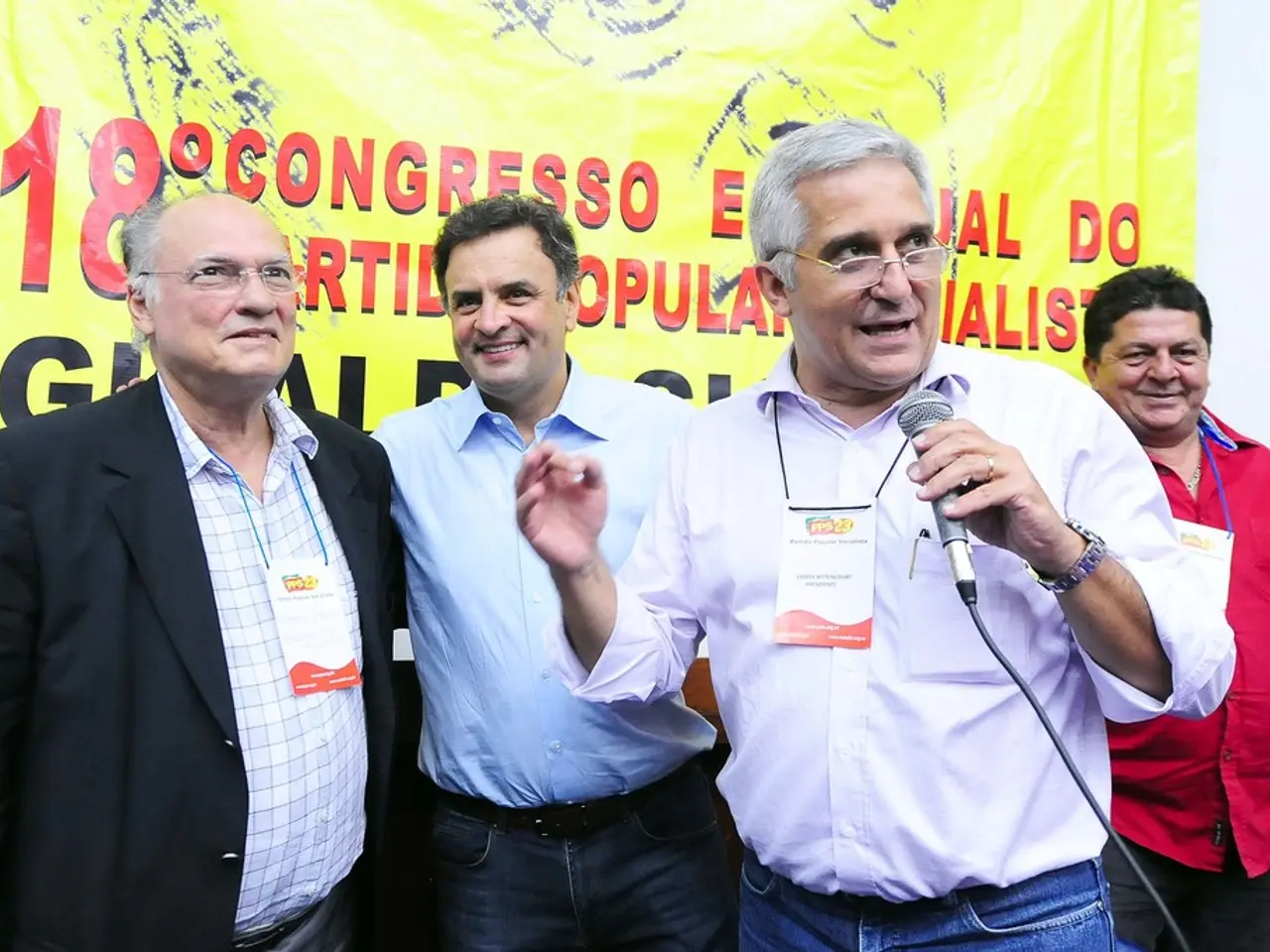Trump Granted Expanded Authority Over Science Research Funding via Executive Order
In a move that significantly alters the landscape of federal scientific research funding, President Trump's Executive Order "Improving Oversight Of Federal Grantmaking" has transferred decision-making authority from career scientists and civil servants to presidential political appointees.
This shift empowers appointees to control grant solicitations, reviews, and approvals, primarily based on advancing the President's policy priorities rather than purely on scientific merit.
The key implications of this order include the centralization of control in political appointees, the alignment of grants with presidential priorities, expanded authority to terminate or modify grants, a pause on new funding opportunities, administrative and procedural changes, and potential risks to scientific freedom and meritocracy.
Agencies must now designate senior political appointees who will oversee all funding opportunity announcements and discretionary awards, evaluating them for consistency with the administration’s priorities and national interest. This shift reduces the role of expert peer review and career staff, moving decisions to politically appointed officials who are mandated not to routinely defer to experts.
Funding decisions must now demonstrably advance the President’s policy goals. Projects deemed inconsistent with these priorities, such as activities involving racial preferences, recognition of non-biological sex, or support for illegal immigration, may be prohibited. Agencies gain the power to terminate existing grants or add termination clauses if a project no longer aligns with agency or national priorities, increasing uncertainty for funded researchers.
Until the new review processes involving senior appointees are established, agencies such as NIH have been directed to halt new funding calls, causing immediate disruption in funding pipelines. The order mandates simplified application language to ease smaller organizations' participation, stricter oversight of fund usage, and revised federal guidance to reduce administrative overhead. However, critics argue these changes may serve as means to tighten control.
Critics warn that this politicization risks prioritizing ideological conformity over scientific excellence, threatening the historical model of autonomous, merit-based, peer-reviewed research funding that has underpinned U.S. scientific leadership.
Legal challenges to the order are anticipated given these unprecedented shifts. The order's potential chilling effect on scientific freedom and meritocracy, coupled with concerns about risks to innovation, independence, and evidence-based science, have raised alarm among the scientific community.
The order also references indirect costs, stating that federal scientific grant awards would be preferentially awarded to "institutions with lower indirect cost rates," a provision not mentioned earlier. However, the order makes claims about scientific grants without providing supporting scientific evidence, including calls about a lab in Wuhan, China being "likely the source of the COVID-19 pandemic" and accusations that the NSF gave millions to develop AI-powered social media censorship tools, a direct assault on free speech.
The Trump administration has reportedly been searching grants for terms like "diversity", "race", "female" and "women" to determine which should be terminated. The order may weaken the role of scientific peer review, making recommendations advisory rather than binding. Lawsuits against the Trump administration have slowed some of these actions, with U.S. District Judge William Young ruling the mass termination of over $1 billion in diversity-related grants by the NIH under Trump as "void and illegal."
As the scientific community navigates these changes, the future of federal research funding in the U.S. remains uncertain, with wide-ranging implications for innovation, independence, and the pursuit of evidence-based science.
- The 'Improving Oversight Of Federal Grantmaking' Executive Order signed by President Trump has resulted in the shift of decision-making authority from career scientists and civil servants to political appointees, potentially affecting the National Institutes of Health, CDC, and NSF, which are mainly involved in science, medical-conditions, health-and-wellness, and general-news.
- The order requires agencies like the NIH to designate senior political appointees to oversee all funding announcements, a change that could impact grantmaking and potentially prioritize policy goals over scientific merit, raising concerns about risks to scientific freedom, meritocracy, innovation, independence, and evidence-based science.
- The Trump Executive Order also seeks to centralize control, align grants with presidential priorities, and expand authorities to terminate or modify grants, which may lead to the prohibition of certain projects such as those involving racial preferences, recognition of non-biological sex, or support for illegal immigration, causing disruption in funding pipelines and uncertainties for researchers.




